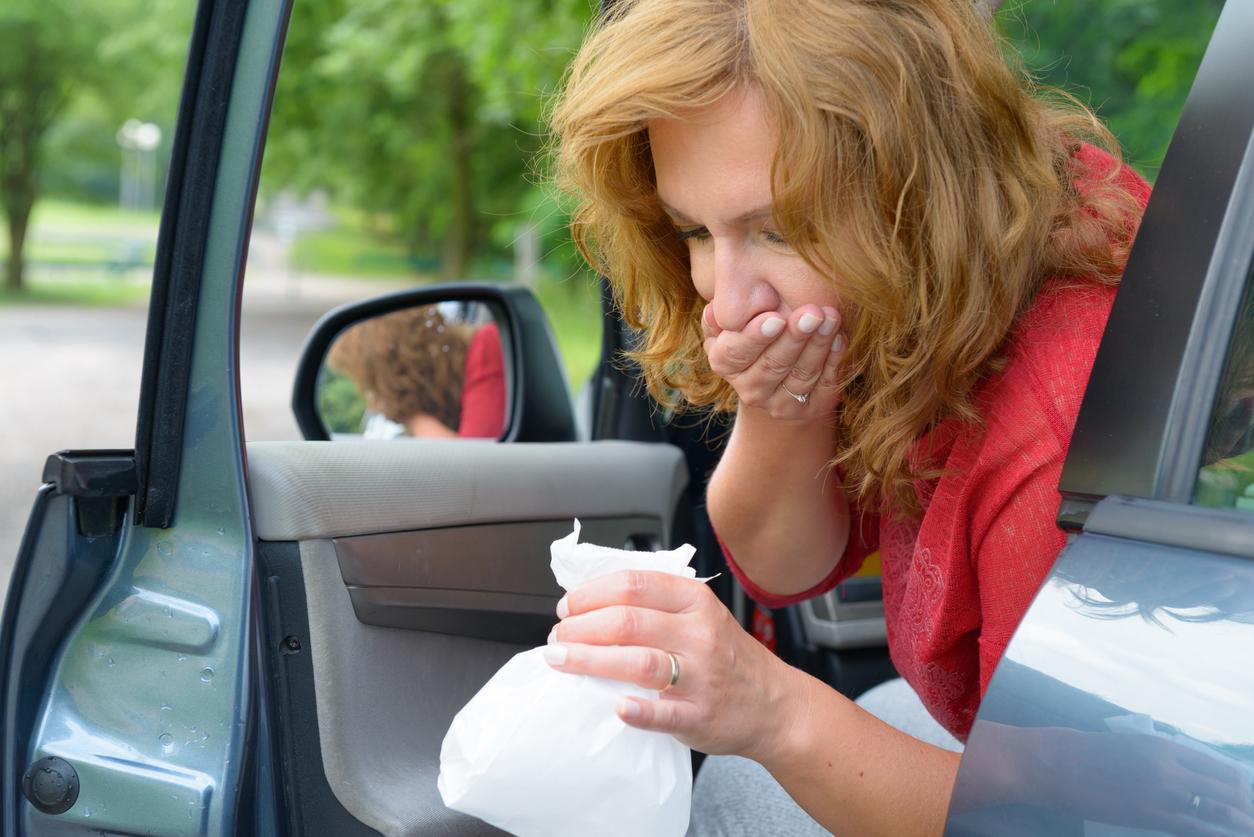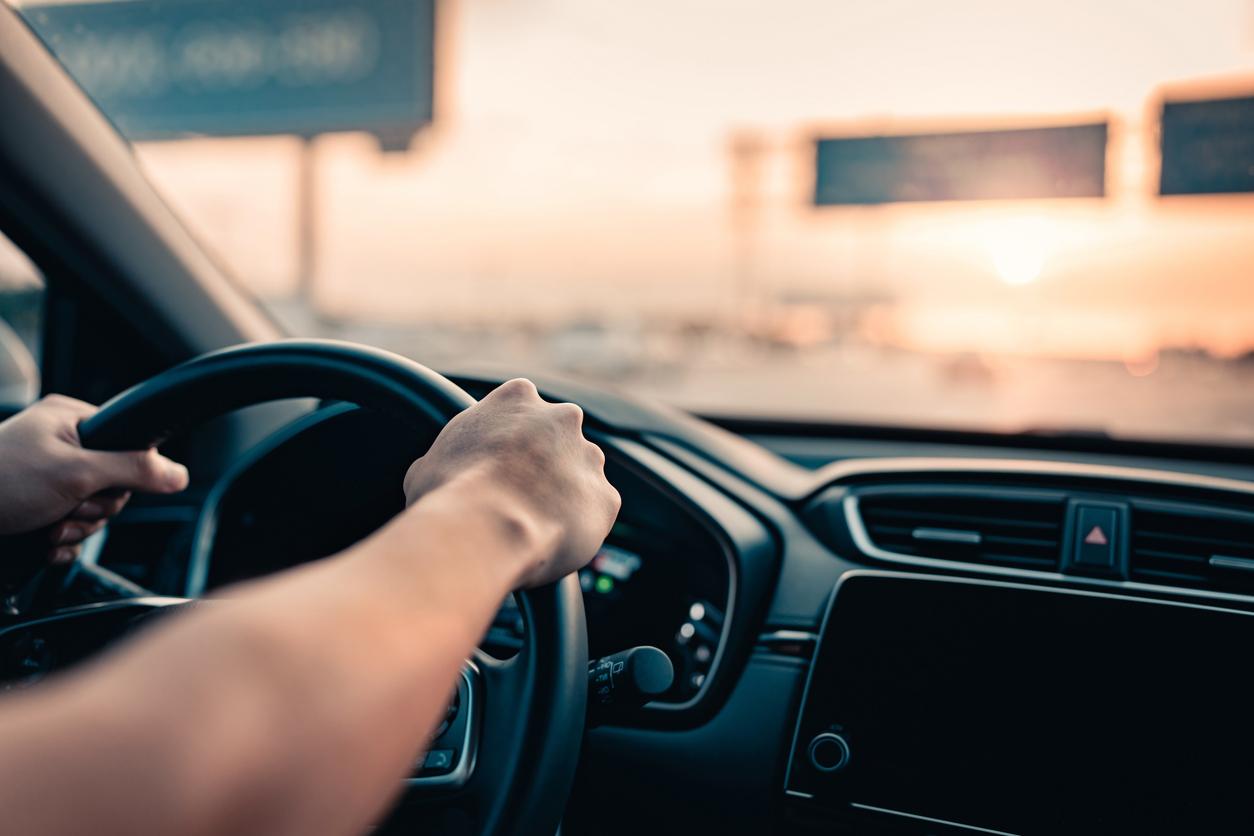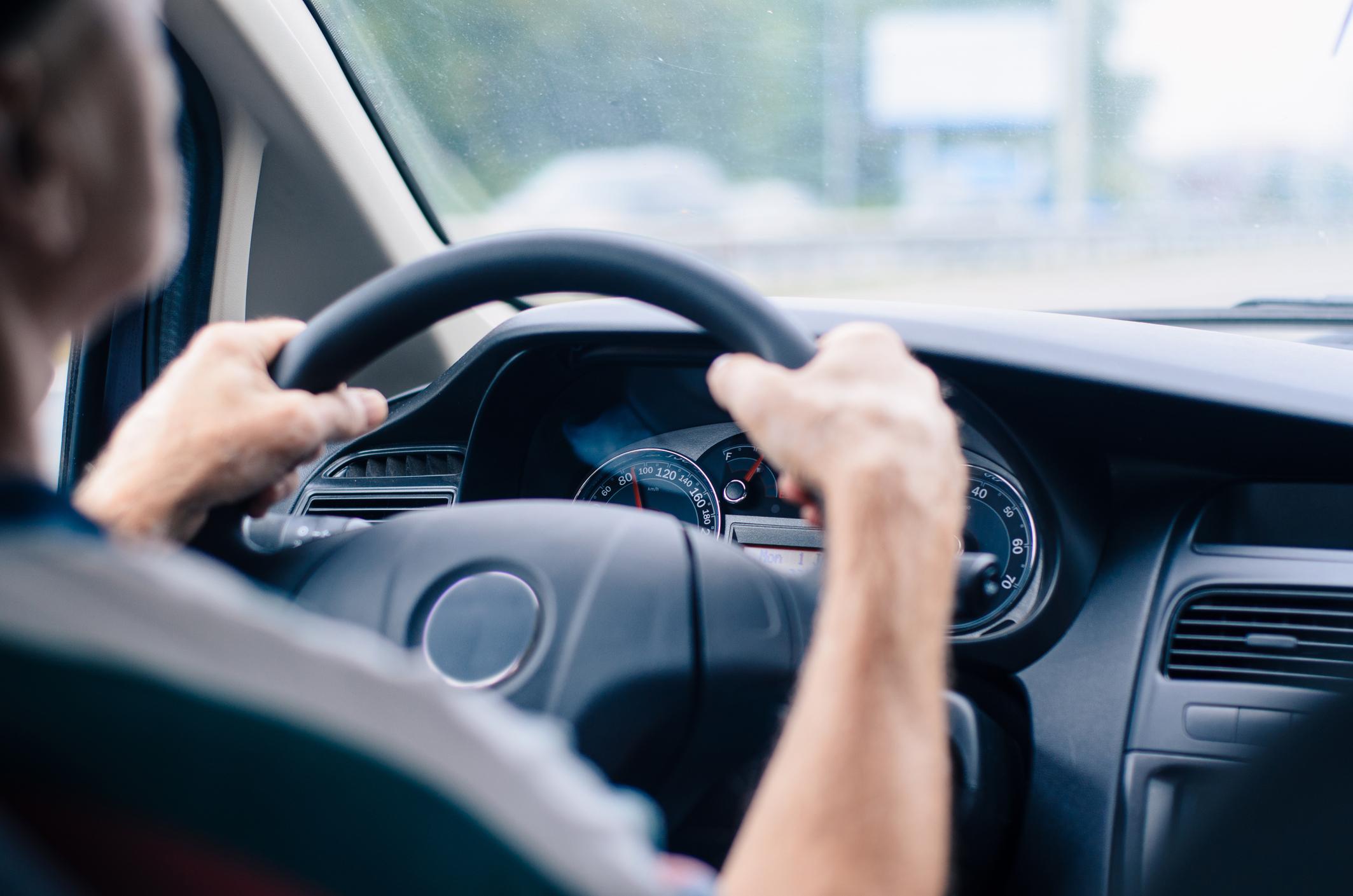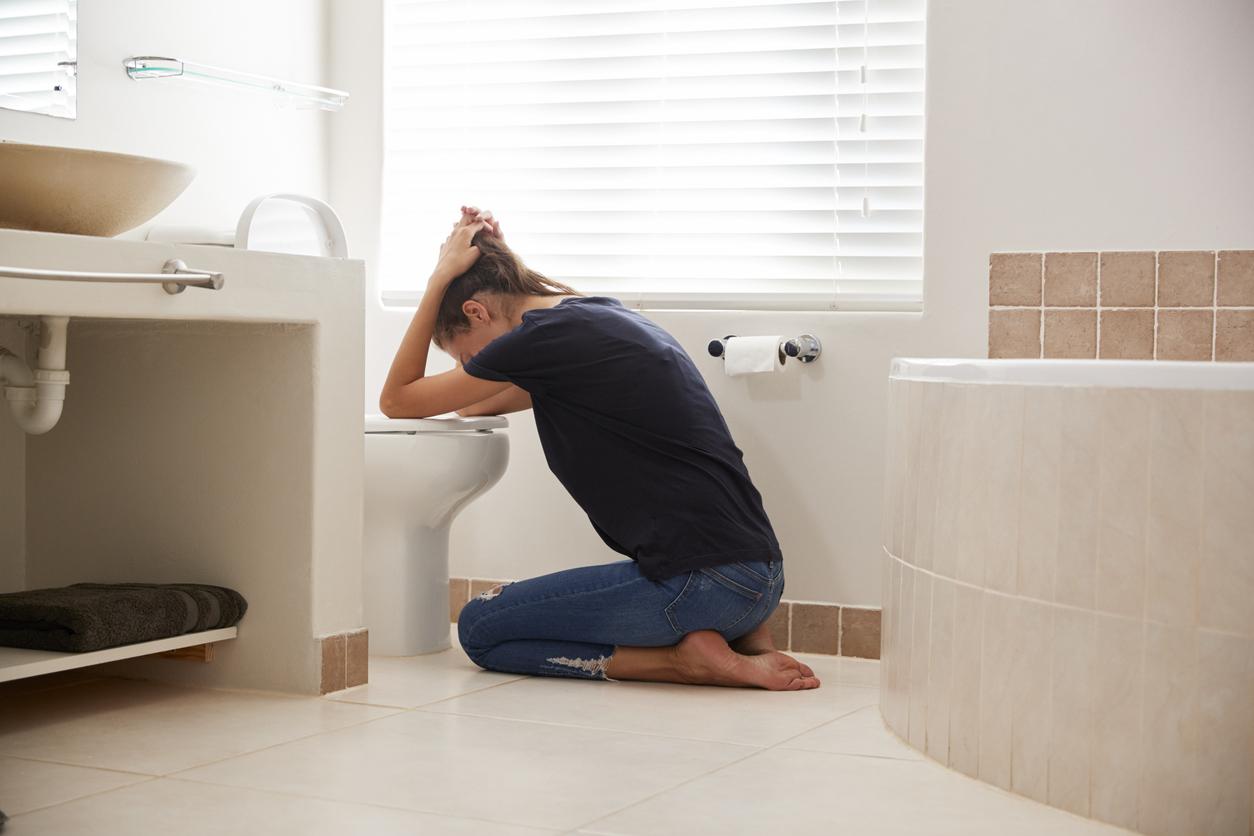As benign as it is painful, motion sickness is well known to travelers by car, plane or boat. But why do we have “sickness in the heart” in transport? And above all, how to relieve this disorder?

“Mom, my heart hurts.” Here is a sentence that many parents have heard once in their life while they were in a car, plane or boat on the road to vacation, and which generally announces an episode of motion sickness.
Also called motion sickness, motion sickness is a mild but very unpleasant condition that often occurs when traveling in a vehicle. Quite common in children from 2 to 12 years old, it becomes less frequent with age but can still appear in adulthood, especially in pregnant women or those subject to severe menstrual pain.
What causes motion sickness?
Motion sickness is caused by a conflict between our visual perception and the center of balance in the inner ear, called the vestibule. This means that the information that is normally transmitted to our brain from the eyes and the balance centers is discordant, and it no longer understands what is happening.
Result: appears a whole bundle of unpleasant disorders, starting with a feeling of discomfort in the upper part of the belly, a feeling of general malaise and nausea. In young children, food disgust, crying, restlessness and/or yawning are often observed. Other symptoms may occur: cold sweats, hypersalivation, dizziness, rapid breathing, pallor, as well as vomiting. In more severe cases, general dehydration with apathy and drowsiness may set in.
Fortunately, in general, the discomfort and nausea disappear when the vehicle is stopped or a few minutes after leaving the vehicle. They can, moreover, diminish with repeated trips and, after two to three days, in the event of prolonged travel – by boat, for example.
How to prevent motion sickness?
Simple measures can often prevent motion sickness. Before departure, avoid heavy meals, but also to travel on an empty stomach. Give up alcohol, tobacco and coffee before and during the journey.
In a car, sit preferably in the front, next to the driver, or in the back in the middle. Hold your head straight and look far ahead of you: as long as the eyes perceive the displacement, the evil manifests itself less quickly. In the train or boat, sit in the direction of travel. By plane or boat, choose a place located in the center of the device: the movements are of lower amplitude there.
When boating, avoid staying indoors or in a confined space. Avoid reading or engaging in any activity that demands your visual attention.
How to relieve motion sickness?
There are natural remedies to relieve motion sickness: ginger rhizome, in the form of powder or juice is effective, as is peppermint essential oil.
On the other hand, the effectiveness of bracelets against motion sickness, supposed to put pressure on an acupuncture point, has never been proven.
Drug treatments are also indicated: H1 antihistamines, which can be used in adults and children and available without a prescription, but also scopolamine, available on medical prescription and reserved for people aged 15 and over.

.

















